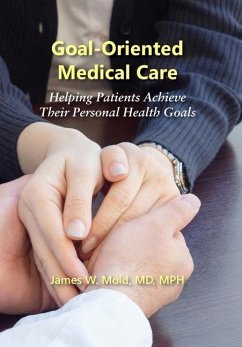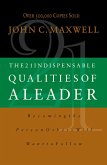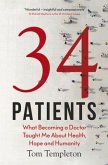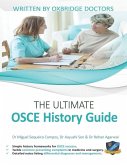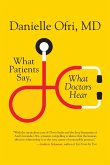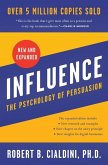The premise of Goal-Oriented Medical Care is that, prior to consideration of strategies, the health care team must understand the patient's personal health goals and priorities. While intuitively obvious, addition of the goal-clarification step changes the focus from problem-solving to goal attainment, forcing a reconsideration of the meaning of health and the purpose of health care. It elevates the role of patients in decision-making, broadens the range of strategies, encourages individualization and prioritization, and creates a conceptual framework for true person-centered care. And while the idea is deceptively simple, it provides a blueprint for the transformation of health care systems trying to adapt to changing health concerns, scientific and technological advances, health and health care inequities, and rising costs. This book was written primarily to introduce goal-oriented medical care to physicians and other health care professionals, but it should be of interest to health care administrators and policy-makers as well.
Hinweis: Dieser Artikel kann nur an eine deutsche Lieferadresse ausgeliefert werden.
Hinweis: Dieser Artikel kann nur an eine deutsche Lieferadresse ausgeliefert werden.

